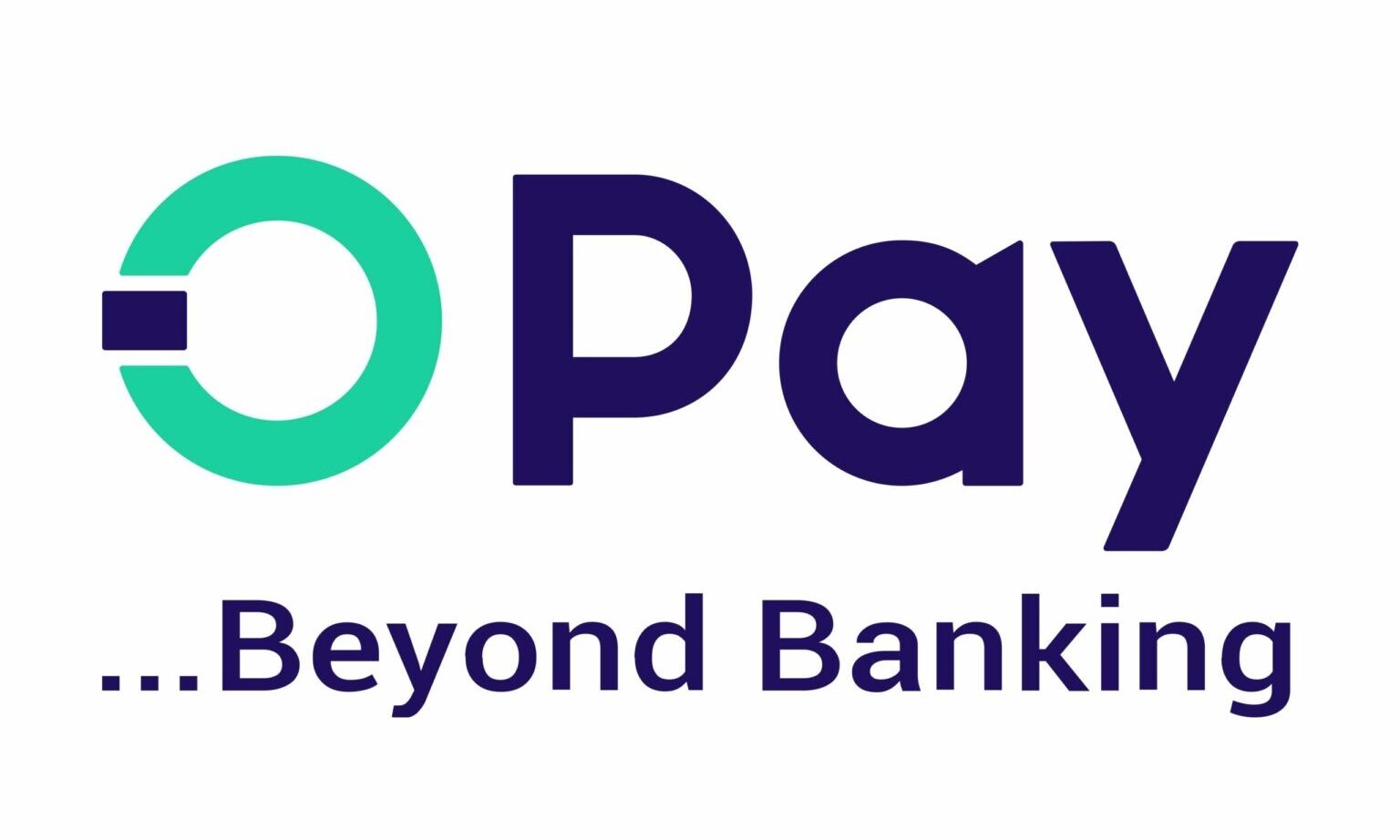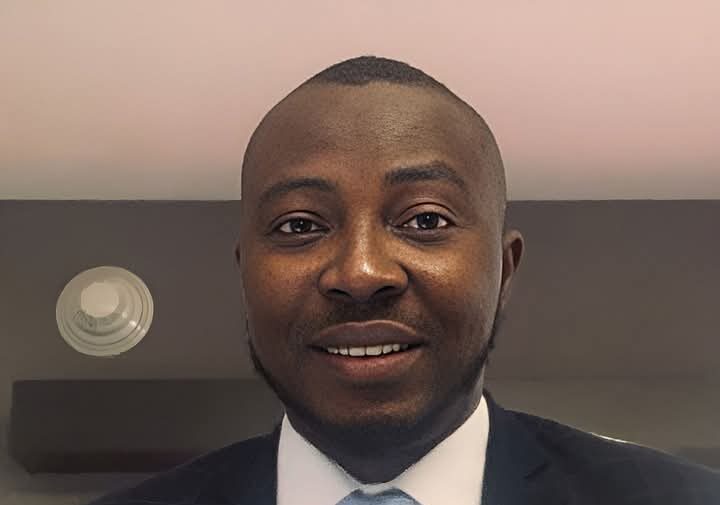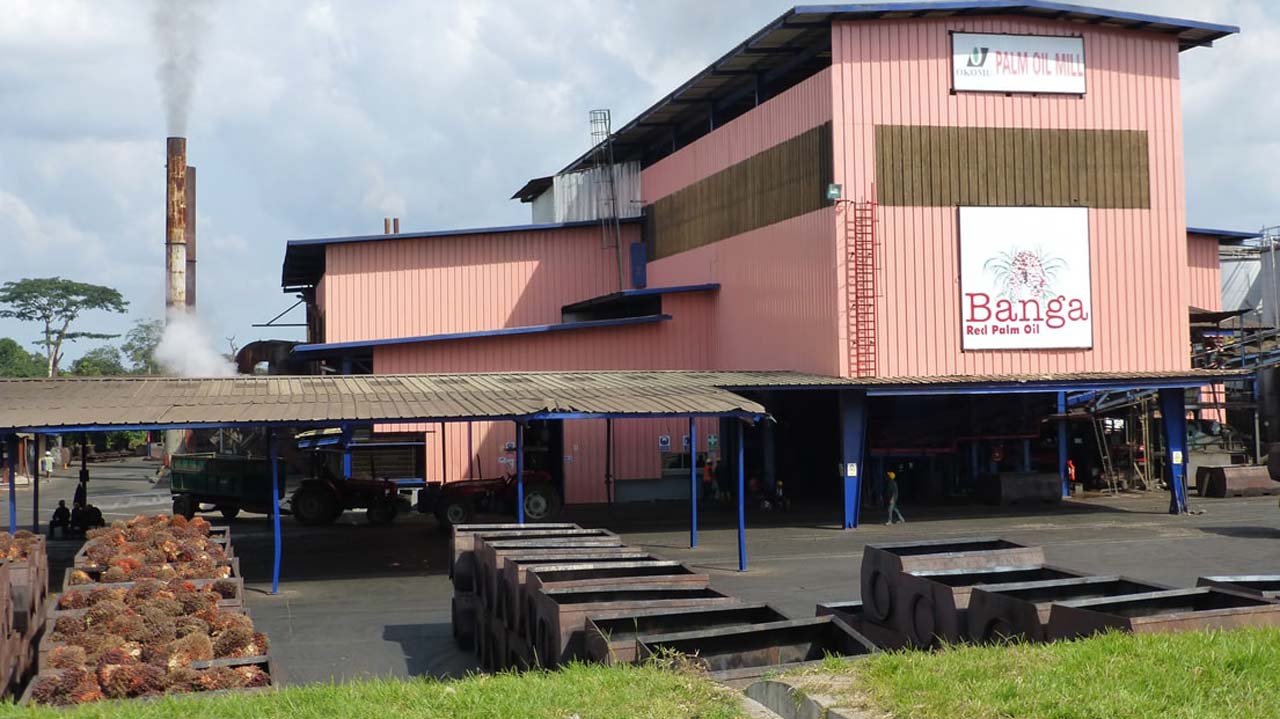By Udora Orizu
American Computer Scientist, Fei-Fei Li, once said, “AI is not a substitute for human intelligence; it is a tool to amplify human creativity and ingenuity”.
The above statement resonates with the belief of Deputy Speaker of the House of Representatives, Rt Hon. Benjamin Kalu, PhD, CFR that Artificial Intelligence when rightly used can be a tool for progress and collaboration.
Tech innovation and human capital development are interconnected and mutually reinforcing forces that drive economic growth, productivity and competitiveness. Innovation provides new tools and opportunities while human capital development provides the skills and knowledge to create, adopt and effectively use these technologies. This means a strong investment in skills training is essential for companies and countries to fully leverage technological advancements.
At various fora, the Deputy Speaker reaffirms the government’s efforts entrenched in President Bola Tinubu’s Renewed Hope Agenda to becoming a key shaper in the global tech landscape,
leveraging on technology and Innovation to shape a knowledge driven- economy.
Last year, at the 149th Inter-Parliamentary Union (IPU) General Debate with the theme “Harnessing Science, Technology, and Innovation (STI) for a More Peaceful and Sustainable Future” in Geneva, Switzerland, Deputy Speaker Kalu said Nigeria was working towards adopting a National Artificial Intelligence (AI) policy framework.
According to him, the theme of the discourse resonates deeply with Nigeria’s ongoing journey toward building an equitable and prosperous society, where technological advancements are at the forefront of the country’s development agenda.
The unwavering dedication to the growth and development of the nation had the Deputy Speaker visiting Bildup AI Learning, a technology hub at the weekend in Enugu, where several youths were undertaking different educational courses with the help of Artificial Intelligence (AI).
Accompanied by the Majority Leader of the House, Prof. Julius Ihonbvere, and other members, Kalu emphasised the importance of investing in the nation’s human capital, citing the potential for Nigerians to export services globally.
He pledged to partner with Bildup AI Learning to promote technology development and human capital growth in Nigeria.
The Deputy Speaker assured that his office would partner with Bildup AI Learning to showcase its work and attract support from government agencies and other stakeholders, stressing that such partnership aims to promote innovation, entrepreneurship, and technological advancement, ultimately contributing to the nation’s economic growth and development.
Kalu said: “We need to expand what you are doing and that is where government partnership comes in. We’re going to make a case for you in the Ministry of Education and Ministry of Science and Technology. Also, there are so many NGOs that need to find a credible place to plug in their resources. We will partner with you. The Office of the Deputy Speaker will partner with you to showcase you. It’s nothing about politics. It’s about development. Our human capital development is very key. It is one of our resources in this nation.
“All over the world, Nigerians are making impacts in various fields of life, especially with the power of our mind. So, anything that will help us export service, we will do. We are exporting goods now, not exporting as much service as we want to export, because we have 200 and almost 250 million people. This will help us churn out more service providers that can sit in Nigeria and provide services to Oracle, Facebook, Instagram, to all of them while you are sitting here, and then, the foreign exchange will come in because of the power of your mind, and that is how you can add value to the growth of this nation. Keep innovating and dreaming. Don’t get tired. The future is bright.
“The nation believes in you, and that is why, in the renewing hope agenda of Mr. President, the young ones occupy the center stage of his innovations. Whenever you meet President, he always says, I am interested in building a legacy that will outlive me for our children. You can stretch your hand with innovation. You can add a brick on the wall of nation building with technology. You know you are disruptors. We see you as disruptors. Disruptors are those who are not comfortable with tradition. Innovators are disruptors, and they disrupt tradition so that they can have true innovation, more productivity. You are not comfortable with the status quo.
“Build up has simplified learning in the sense that it is accessible and it is cheap. Most of us who are honorable members, representatives of our communities, constituencies before the federal government, it’s about time we put it as part of our constituency projects, so a whole lot of students will come in and learn and build. Human capacity building is key. So, we are looking forward to supporting him so that it can grow, expand and be sustainable. And also, I’m sure with time, Nigeria will hear about build up. We believe in him, and we believe in these young ones I’ve seen. Truly, they are the future of Nigeria, and their dedication and diligence towards this learning is amazing and very impressive”.
Expressing his profound gratitude to the Deputy Speaker, Chibuike Aguene, the CEO, Bildup AI in a piece titled, “When Leadership Shows Up: Why the Deputy Speaker’s Visit to Bildup AI Is a Defining Moment for Nigerian Innovation,” said “We had the rare honor of hosting Rt. Hon. Benjamin Kalu, Deputy Speaker of the House of Representatives, at our office in Enugu.
“He came in the company of the Majority Leader of the House, Professor Julius Ihonvbere—two national leaders who didn’t just come to observe, but to engage, listen, and affirm the work we’ve been doing to empower young Nigerians through indigenous technology. As they walked through our NextGen AI Learning Centre, interacting with our team and experiencing our AI-powered learning platform tutoring young people across programs like Artificial Intelligence, Machine Learning, Software Engineering, Data Science, and more—it became clear: this wasn’t just a visit. It was a moment of recognition. A signal that the future of Nigeria is being built right here, by its own people.
“The Deputy Speaker’s words still echo in my mind: ‘What I have seen here today is not just innovation—it is a vision for the future. Nigeria has the talent, and platforms like Bildup AI are proving that we can export services globally by investing in our youth. That kind of leadership is rare, and it’s exactly what we need to scale impact and build trust across sectors. This visit is more than symbolic. It’s a turning point. It gives us the credibility to engage national stakeholders, the visibility to scale our work, and the confidence to keep pushing boundaries.
“To every young innovator out there: this is your time. The Deputy Speaker’s presence at Bildup AI is proof that leadership is paying attention. And when leadership shows up, transformation begins. We’re ready. Let’s build up Nigeria. Let’s build up the future. Bildup AI…empowered to make a difference!!!!”
Again, Kalu while delivering a captivating address at the SMFest, an annual global conference that teaches its audience how to leverage the power of technology and innovation to advance their businesses, said that increased human capital development has the potential to drive increase in the growth rate of the Gross Domestic Product (GDP) of any economy through rise in innovation and technological progress.
The Deputy Speaker said that the conference theme, “Africa Unlocked: Leading the Digital Revolution,” could not be more timely, as unlocking Africa is not just about technology; it is about people, young Africans turning challenges into opportunities and ideas into innovations.
The deputy speaker said, “let me be clear: tools alone don’t transform nations, people do. Technology without purpose can amplify noise, not impact. The same determination that drove us to build roads and schools must now drive you to build platforms, startups, and solutions that will redefine Africa’s future. According to research done in 2020 by the International Finance Corporation and Google, Africa’s Internet economy could contribute as much as $180 billion to the continent’s GDP by 2025, accounting for roughly 5% of total output. The United Nations Economic Commission for Africa has also highlighted this potential, describing the digital sector as one of the key engines of Africa’s future growth. If we invest not just in connectivity, but in creativity and capacity.
“The future belongs to those who dare to reimagine what is possible.Yet, we must acknowledge the landscape before us, for it is through understanding reality that we unlock opportunity. Nigeria’s economic landscape is evolving, and there is much to celebrate. Daba finance reports that Nigeria still raised US$331.6 million, demonstrating that our creative spirit, ambition, and leadership in innovation remain unmatched on the continent. We must humanise the digital revolution, ensuring that the boy in Akure, the girl in Benin, the trader in Aba, and the farmer in Sokoto are not left behind.”
*Orizu is SA Press Affairs to the Deputy Speaker.




